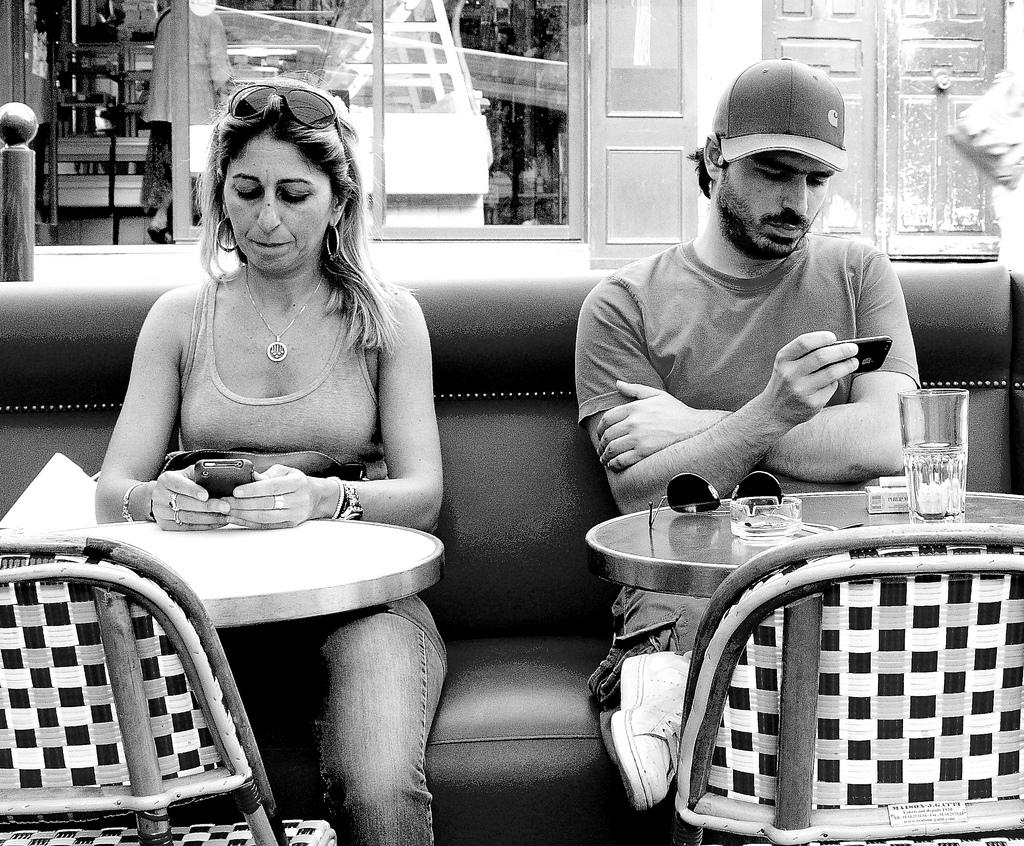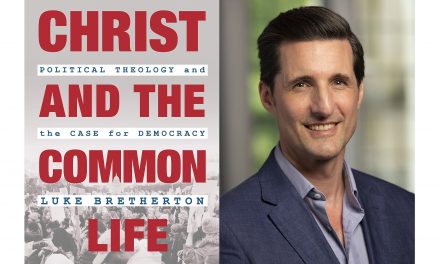
In Disney’s Toy Story 4, Bonnie creates a new toy named Forky at her kindergarten orientation day. Woody and the rest of the gang realize how important Forky is to Bonnie, and team up to teach Forky what it means to be loved. The problem is that Forky thinks he is trash because he was created from a disposable spork, pipe cleaner, mismatched googly eyes, and a broken popsicle stick. Michael Cavna writes that all of the Toy Story films have dealt with themes of identity and self-worth in some ways. But this year, it feels particularly relevant to have a children’s film that wrestles with the theme of who is disposable.
After all, the United States of America is responsible for refusing asylum seekers at the border and housing migrants in overcrowded and unsanitary detention centers without legal representation. Family separation policies are unnecessary and unethical and are causing psychological trauma to those who are most vulnerable. A lawyer for the Justice Department defended the withholding of toothbrushes, toothpaste, and soap from children. Our government is treating people like trash.
There is a scene in the film in which Forky keeps telling Woody that he is trash, and jumping in the trash bin, and Woody keeps putting Forky back in bed with Bonnie. Woody knows that Forky deserves to be loved and cared for.
There are real-life Woodys all along the border today. Linda Rivas, executive director of Las Americas Immigrant Advocacy Center, and Taylor Levy, another attorney in El Paso, Texas, are two examples among the many thousands of brave women and men who are standing up for immigrants’ human rights. A march at the San Ysidro border last night drew thousands of people chanting “Close the camps! Shut them down! Free our children! Free them now!” and “Say it loud, say it clear, immigrants are welcome here!”
Liberation theologians have for decades critiqued the globalization, capitalism, and nationalism that fosters a culture morally blind to the suffering of the poor, the exploited, the disposable people. Pope Francis criticizes the sacrifice of people “to the idols of profit and consumption” fostering a “culture of the disposable,” when “people are discarded, as if they were trash.”



